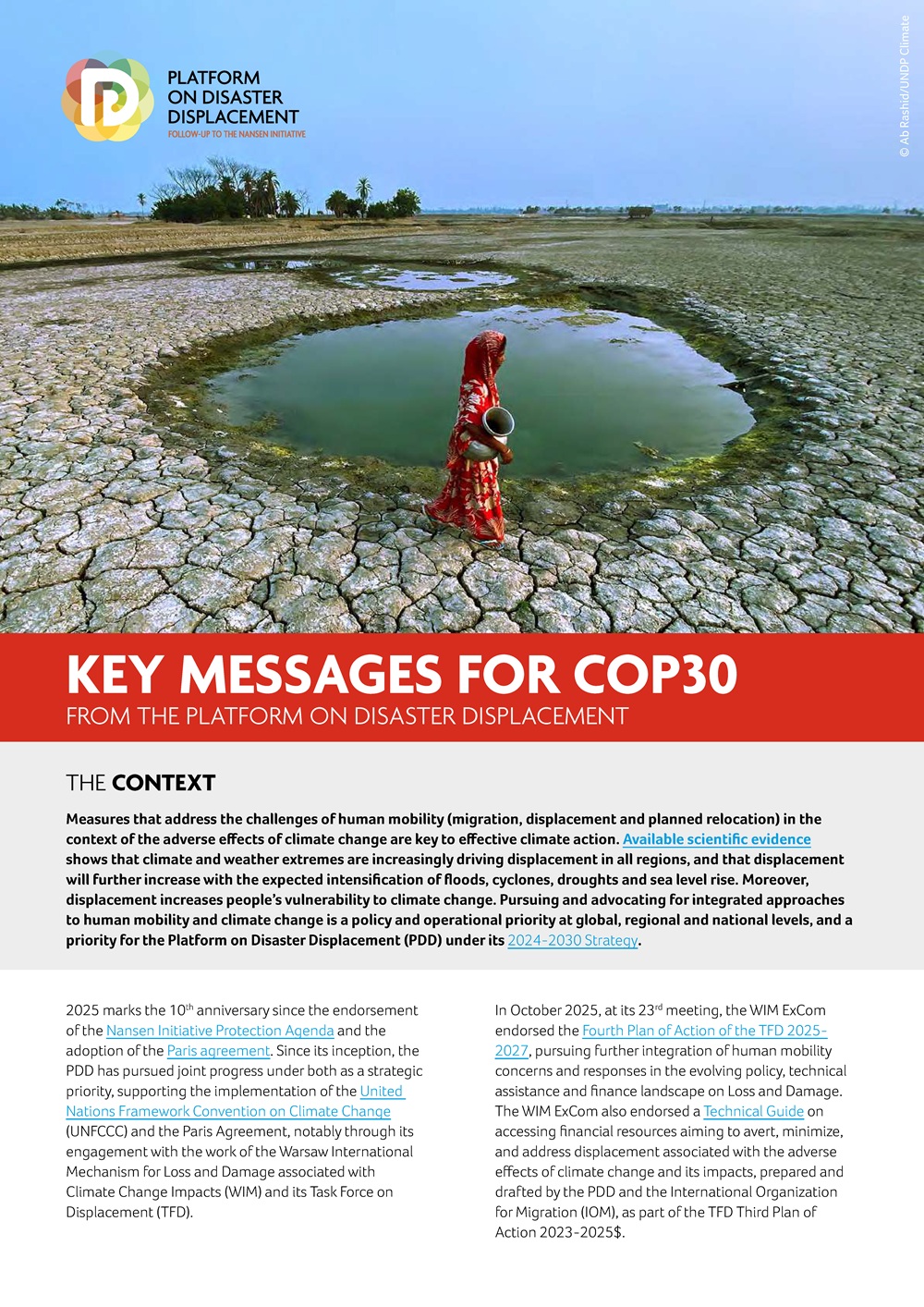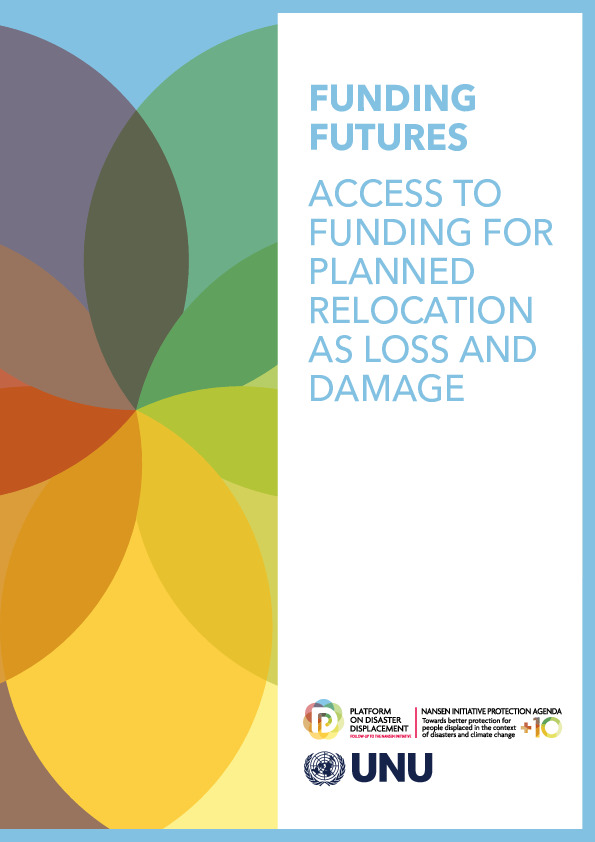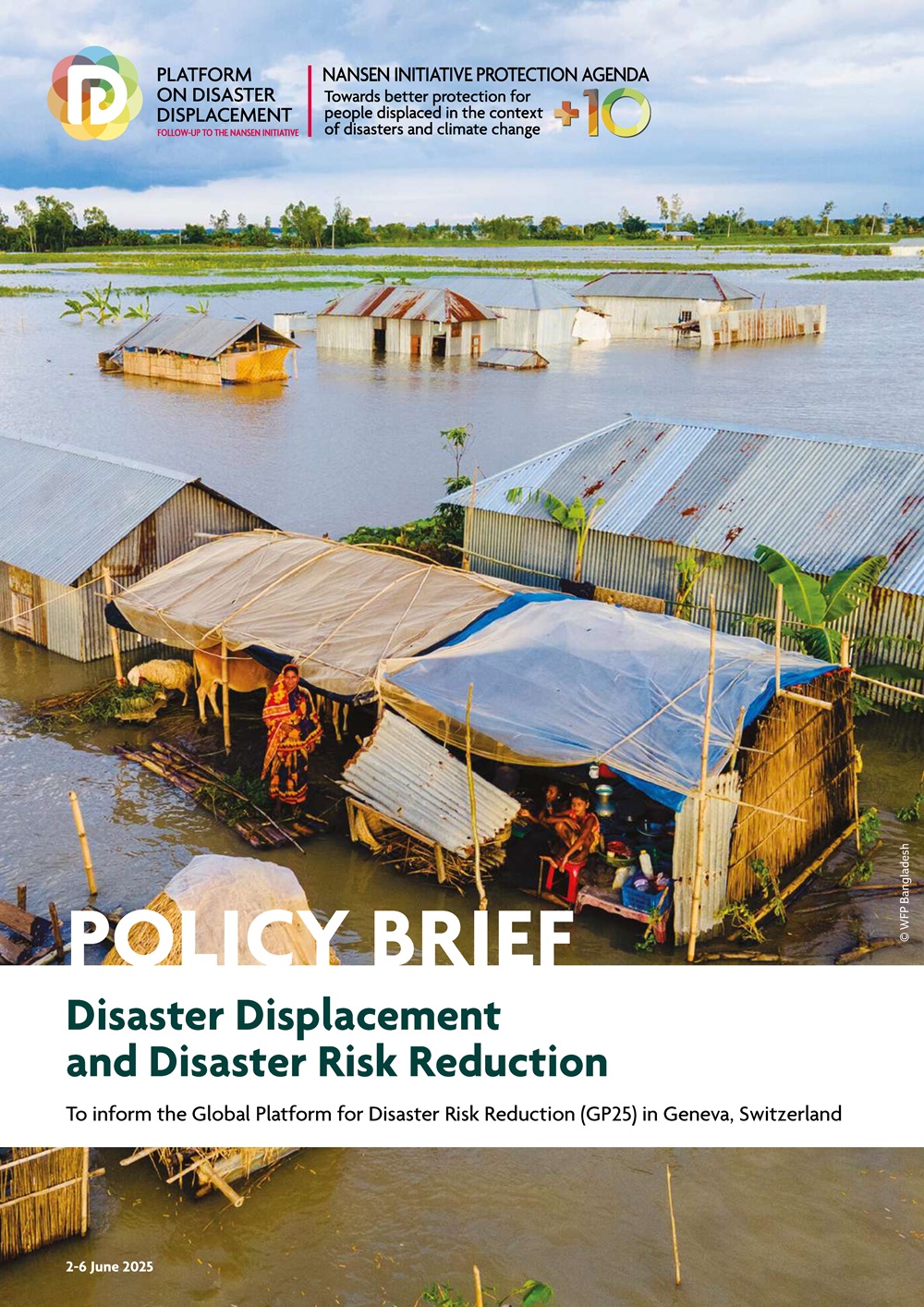Global Governance of Environmental Mobility: Latin America & the Caribbean
By Ama Ruth Francis
The Zolberg Institute on Migration and Mobility has initiated a project on global and regional norms and processes relating to environmental mobility. It will seek to foster the development of a coherent, coordinated and comprehensive approach by providing recommendations for filling normative and structural gaps as well as by reducing overlaps and redundancies in analyses, actions and recommendations of international actors.
The project has resulted in a series of regional papers – access the paper for Latin America & the Caribbean on the right hand side.
This project was commenced in the context of rising internal and cross-border flows of people as more climate impacts intensify. Five key international perspectives are applied to environmental mobility: (a) forced migration/refugees; (b) migration; (c) planned relocation; (d) disaster risk reduction, development and resilience; and (e) climate action. These frameworks for analysis are grounded in diverse international norms and processes, and are variously adopted by multilateral organizations.
Although the scope of evidence and policy attention have improved over recent years, the translation of scientific insights into coherent policy and planning is still in its infancy, especially at the global level. As climate impacts and environmental degradation are magnifying worldwide, the need to develop and implement nuanced and coherent governance approaches grows in importance. States have a responsibility to prevent, reduce and remedy harm caused by their greenhouse gas emissions and other actions resulting in environmental damage; and so long as effective liability systems are missing, the international community as a whole, as well as regional organizations, need to affirm and take action consistent with this duty. Existing state commitments also support a responsibility to prevent (through prediction, risk reduction, prevention, and adaptation), respond to (by respecting the rights and providing for the needs of persons on the move), and provide solutions to protracted situations of displacement due to environmental events. Thus, global governance of environmental mobility must be centered on the responsibilities of the international community and the rights of those affected by environmental events.




